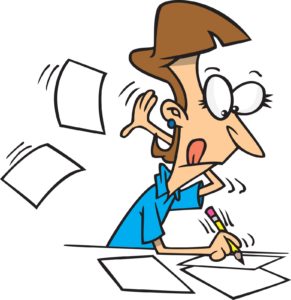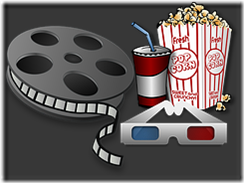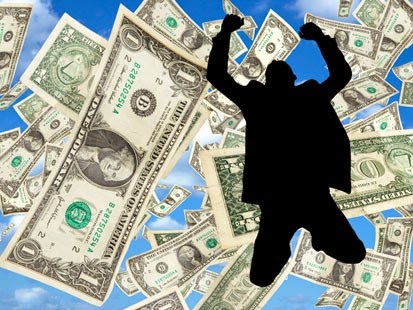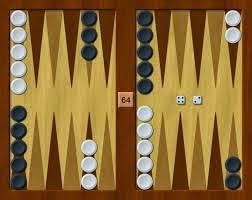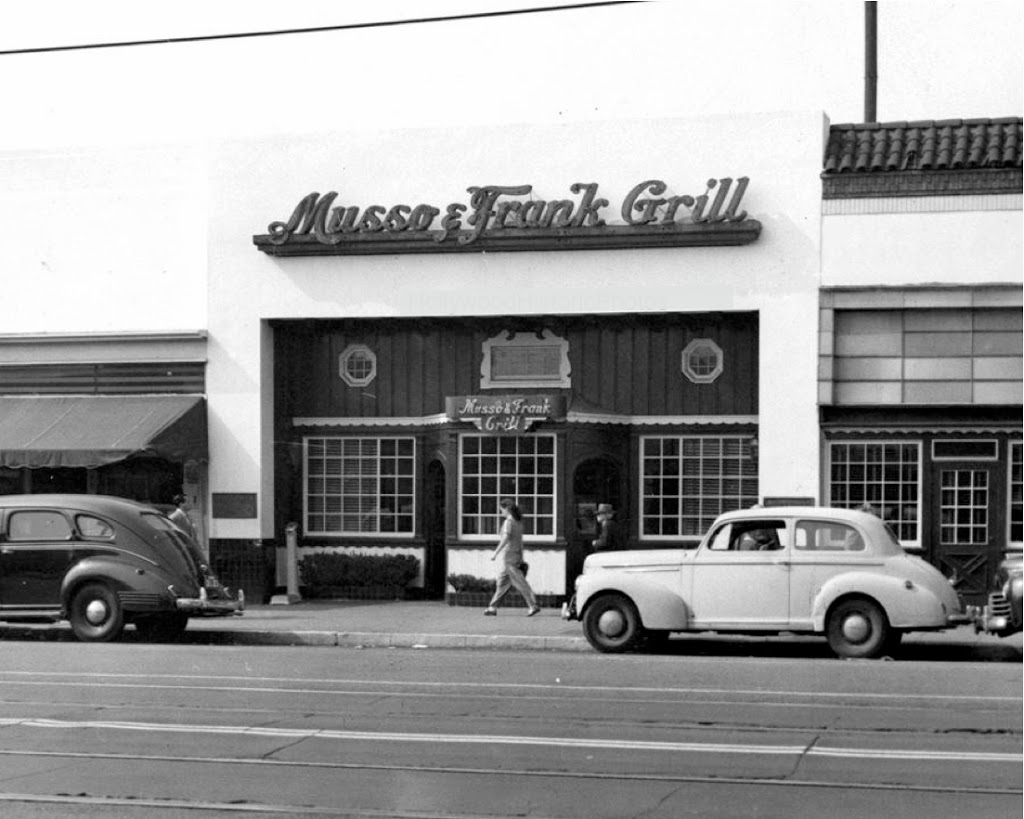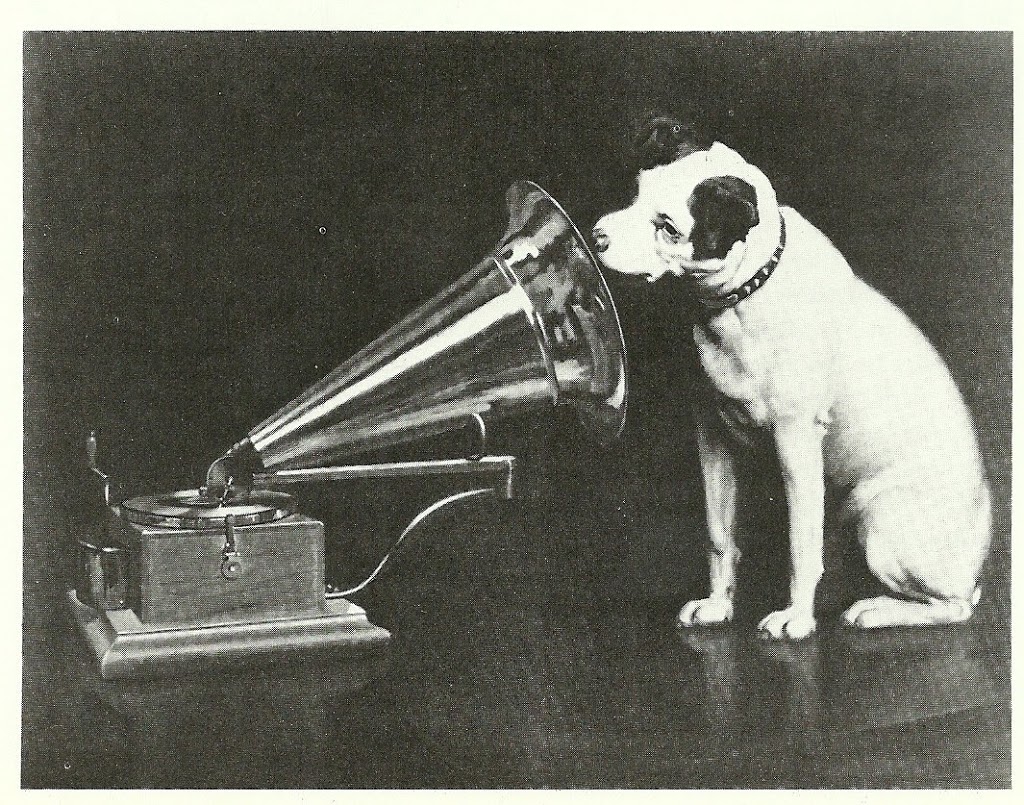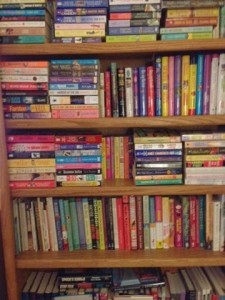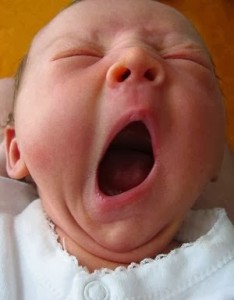by James Scott Bell
@jamesscottbell
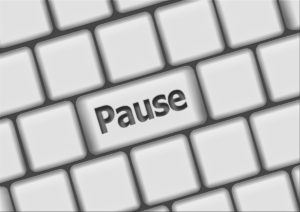 I’m currently writing a series featuring a character named Mike Romeo. I have three books out in that series. I also have a little over half of the next Romeo completed.
I’m currently writing a series featuring a character named Mike Romeo. I have three books out in that series. I also have a little over half of the next Romeo completed.
But during my creativity time a couple of months ago, I was playing the first line game. That’s where I just make up first lines, not knowing anything else about what is to follow. I have a file full of firsts that I would love to develop someday. All I need is a 28-hour day and and a perpetual espresso machine.
Anyway, I wrote an opening line and it blasted me. I just had to know what it meant. So I found myself writing an opening chapter. And when I was finished I knew I had the makings of a stand-alone thriller that I wanted to write.
Only I wanted to write it now.
I call this the midstream temptation.
I was faced with a choice. Continue to write this new project, leaving Romeo sitting there waiting for me to get on with his story? Or finish Romeo and come back to the new one? (A third option, writing both at the same time, seems to have worked for Isaac Asimov, but it gets me too confused.)
When I was writing for a publishing company, they had a triple-barreled vaccine for the midstream temptation—a contract, an advance, and a deadline.
But as an indie, I am free to decide what to write, and when.
Now, I know enough about the mental game of writing to realize there’s a danger here all writers face. Sometimes you reach a point in a novel where you hit “the wall.” For me that’s usually around the 30k word mark. It’s a place where you’ve got a whole lot of book to go, but start thinking maybe your concept isn’t as hot as you thought. Or you wonder if you are really the writer you thought—or hoped—you were. Maybe the day of reckoning has come, and they’ll all find out you’re a total fraud!
For me, I just write through the wall. The doubts go away.
But that wasn’t the case with Romeo. I didn’t hit a wall. The book is solid. I know my signpost scenes.
So I had another thought (two thoughts in close proximity!). When I finish a first draft I always set it aside and let it cool for a time before my first read-through and edit. So! Why not let the Romeo cool off now? Use the cooling period to write this new one while it’s hot, and then approach my Romeo manuscript as if it is a first draft (a short one, to be sure)!
Which is what I decided to do.
This is the first time I’ve done something like this. The conditions had to be just right. So let me run through some thoughts on the matter:
- When you are tempted to leave a book in midstream for another idea, resist the temptation and keep writing on your WIP.
- If the new idea keeps demanding your attention, take one day off and…
- Put on your “thinking cap,” as Mrs. Barshay used to tell us Kindergartners. Ask yourself if you’ve merely hit a wall of doubt. I suspect a lot of the time the answer will be yes.
- Write some analysis. Talk to yourself about your WIP. Identify issues, and make a list of possible solutions.
- Keep at your WIP unless you are at a point where it’s pretty much complete in your mind. That means you have a good bulk of it done and are pretty sure where it’s heading, and how it’s likely to end. (Admittedly, this is more difficult for a panster. And it should be. Because you’re a pantser.)
- Take a day to do some freewriting on the new idea. Then take another day to map out where the story might go. Do a preliminary outline, at least of signpost scenes.
- Write the opening chapter. Then ask yourself if you, as a reader, would have to read on. Do you have compelling characters? Are the stakes death (physical, professional, or psychological)?
- If the answers to #6 are affirmative, take one more day to make sure you’re not going to the new project just to avoid facing the task of the WIP.
- Make your decision.
- Continue to meet your quota. (Don’t have a quota? Get one!)
I don’t know that I’ll ever do this again. My routine for twenty years is to finish a full draft while at the same time developing the next project with notes, index cards, character work and so on. I just got caught up in the excitement this time. The new idea kept tapping on the window, inviting me to come outside and play. And isn’t spontaneous play what we used to love as children?
Okay, so writers are big children. That’s how we roll.
But if we want to be paid for our play, we need more than a little discipline. So when a midstream temptation comes calling, subject it to hard and objective scrutiny. If it passes … go play!
And be sure to look both ways before crossing the street.
Have you ever had a major midstream temptation? What did you do? Do you ever hit a wall in your first draft? How do you handle it?

